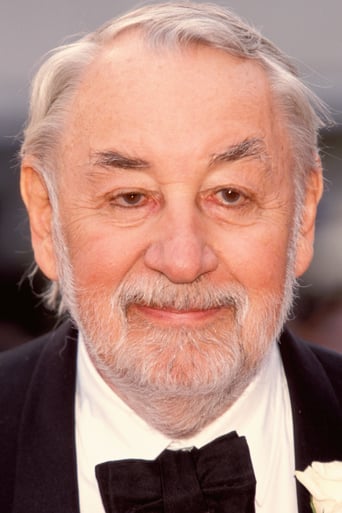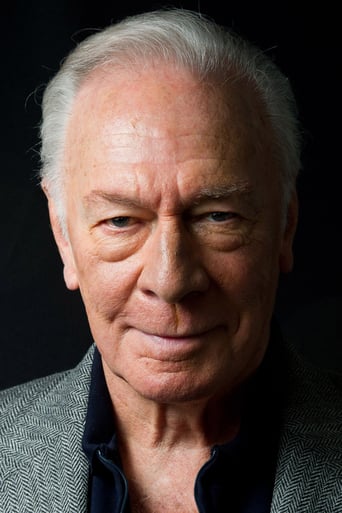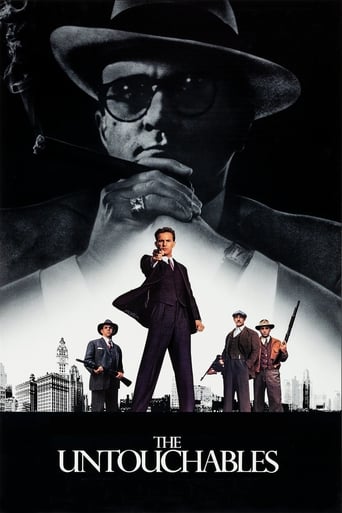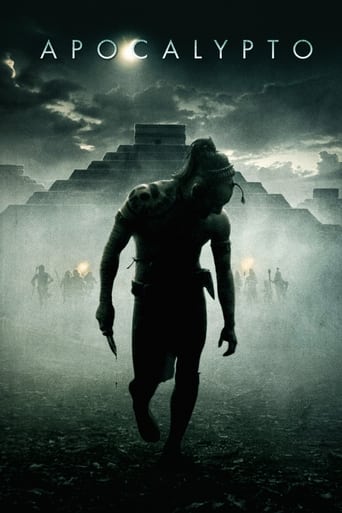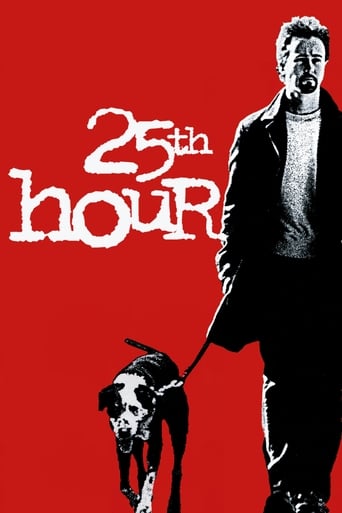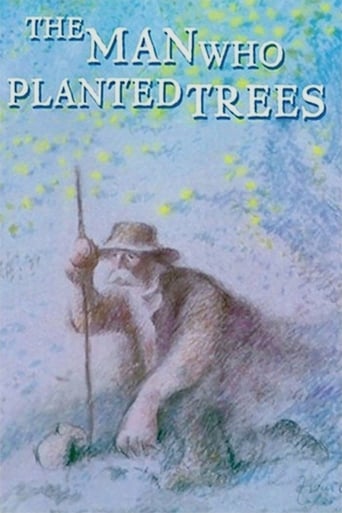
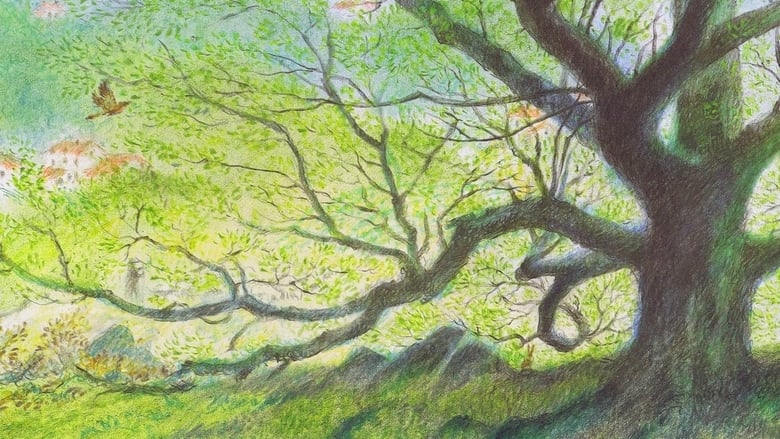
The Man Who Planted Trees (1987)
The story of one shepherd's single-handed quest to re-forest a desolate valley in the foothills of the French Alps throughout the first half of the 20th century.
Watch Trailer
Cast


Similar titles
Reviews
A Disappointing Continuation
It really made me laugh, but for some moments I was tearing up because I could relate so much.
The tone of this movie is interesting -- the stakes are both dramatic and high, but it's balanced with a lot of fun, tongue and cheek dialogue.
If you're interested in the topic at hand, you should just watch it and judge yourself because the reviews have gone very biased by people that didn't even watch it and just hate (or love) the creator. I liked it, it was well written, narrated, and directed and it was about a topic that interests me.
Honestly I could not remember the name of this film, yet I have been recommending it to many people over the years. Knowing over these years that it received the Oscar I was confident people would be able to find it once they knew the simple beauty of the story and the passion of this profoundly touched film lover. Funny.... I always started telling about this film with.... its about this one guy who plants trees while he is goes about his life as a Shepard in the hills..... What a beautiful testament to human spirit and the blessings of nature.
French author Jean Giono published "The Man Who Planted Trees" in 1953, an allegorical tale which told the story of a lone shepherd's efforts to reforest the barren foothills of the French Alps. "Trees" was turned into a short animated film by Frederic Back in 1987. Narrated by Philippe Noiret and Christopher Plummer, the film is extremely well regarded in animation circles, treated by artists with the kind of hushed reverence that typically greets a new Yuriy Norshteyn.The Norshteyn comparisons are apt, as "Trees" features a similarly primitive but enormously evocative aesthetic. But while Norshteyn is very Russian, very grim, Back's film is pantheistic and filled with wonderfully impressionistic visuals, in which pencil/crayon sketches seem to come to life, scenes seem feather dusted with moving brush-strokes and images seem torn from the canvases of a Monet, Van Gogh, Renoir, Cassat or Morisot. The film tells the tale of Eleazard Bouffier, our heroic shepherd who passes his days, unnoticed, planting acorns. It's a thin tale, but Back's animation makes it work, the director attempting to mimic the airy style of the great French Impressionists, only slightly whispier, more free, with images incessantly bleeding and transmogrifying into other images. Part painting, part animation, part dance, the film bounces from moments of glory to sorrow, many of its scenes lingering on the solitary shepherd as he painstakingly plants seeds, all of which eventually blossom into triumphant star-bursts of colour.Much of the film has a warm, lyrical quality, like sequences which stare at haggard faces, sleeping men, running dogs, perched birds, smiling babies or dusty village roads. These images are sporadically interrupted by artillery shells, war and combat, which once again eventually give way to daily chores and much rural toil. It's a cyclical canvas, life always moving, passing, the rituals of millions inter-cut with the shepherd's decades long task of planting acorns and seeds, vegetation which seems trapped in their own slow dance. And of course the shepherd's planting echoes Back's own work, shepherd and artist diligently toiling away. Both embody a humble persistence, a quiet generosity, and there is much nobility in the work of both.The film ends with its narrator describing the shepherd as "one of God's athletes". But the film itself insists upon something else. Man has always had the potential to be the Creator, few simply dare to claim this responsibility. By the film's end one man has planted the world anew. 8/10 – "Trees" was responsible for a number of young, budding animators joining the profession in the early 90s. Worth one viewing.
Frédéric Back's 'The Man Who Planted Trees (1987)' is the one short film that has been fervently recommended to me above all others, and I'm surprised that it took me so very long to get around to it {fortunately, my stubbornness proved beneficial, since I was able to hold out for a high-quality copy}. My only previous experience with Back was his first Oscar-nominated effort 'All Nothing (1980)' in May 2007, and I enjoyed its artistry, even if the basis in Creationism kept me distanced from its central themes. This effort, arguably Back's most celebrated, tells the story of Elezeard Bouffier, an old shepherd who singlehandedly created a forest through decades of planting seeds. Though I initially assumed that Bouffier was a real-life figure, he was, in fact, a fictional creation of author Jean Giono, who apparently perpetuated the misconception. Either way, this shepherd's story is powerful and inspirational, Back's animation giving life to Giono's uplifting tale.When I recall Frédéric Back's work, the first contemporary animator who comes to mind is Aleksandr Petrov, whose paint-on-glass animation allows similar dream-like visuals that morph from one image to another like a shifting desert landscape. 'The Man Who Planted Trees' doesn't resemble a moving oil painting, as does Petrov's work, but instead bears a slightly more minimalistic pastel-sketching style. Even so, the attention-to-detail is simply staggering. For the film's opening half, the colour palette is largely sepia-toned, emphasising the sheer barrenness of the desert, with bare rocks and coarse weeds lashed by a dry, bitter wind. As Bouffier plants his trees, Back gradually introduces colour into his work, symbolising the physical and spiritual rebirth of the region. My single slight criticism with the film is that the narration should probably have been used more sparingly. As warm as I found Christopher Plummer's voice, I think that some scenes would have proved more powerful had the viewer been left to his own accord, to absorb for himself the breathtaking beauty of Back's animation.'The Man Who Planted Trees' serves, I think, as a fine counterpoint to Back's previous short film, 'All Nothing.' In the latter, a dissatisfied Mankind rapes and pillages the life that his Creator has placed upon the planet. In this film, Mankind gives back to nature; rather than destroying life, Bouffier creates it himself, even as two World Wars rage overhead. On at least two occasions, the narrator {Christopher Plummer in the English-language version, Philippe Noiret in the French} remarks that what Bouffier accomplished makes him something akin to God. Indeed, the government officials who arrive to observe his forest can think of no other explanation for the miraculous rebirth, declaring it an astonishing natural phenomenon. Nobody can believe that all this joy could have been created by the hand of a single man. I interpreted this as a touchingly humanist statement. After all, if an old shepherd like Elezeard Bouffier can give rise to such life, why, indeed, do we need a God at all?
I watched this masterpiece on the first day of my Intro to Film class, it's one of the professor's favorites, and I can't see why it shouldn't be... For half an hour I just sat there, completely mesmerized by the beautiful animation and wonderful message of this film... In this era of Finding Nemo, Valiant, and all the 3-D overdose, watching this film is a breath of fresh air... It makes you long for the simpler days of animation, and a single frame of this particular animation is more lively and real than Pixar or Dreamworks can ever hope to achieve...But the story... Wow... Halfway into the film, I was still sitting there, mouth agape, but then tears just started rolling down my cheeks, as corny as it may sound... Christopher Plummer's soft, grandfather-like voice (and I'm sure the French version has an equally, if not more, accomplished narrator) conveys one of the most meaningful, touching stories I've ever heard... For the first time, there's a movie that I genuinely think everyone should watch, as otherwise they'd be deprived of what may be their greatest cinematic experience ever... This is one superb, inspiring film, and it deserves every single award and nomination it has received...


